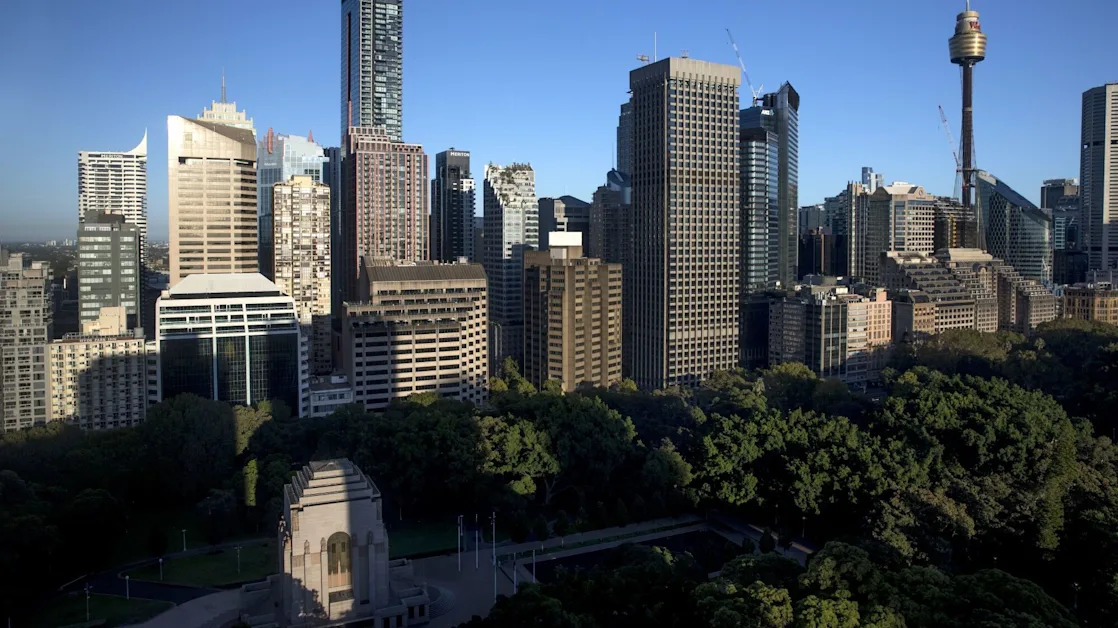
S&P Warns Australia AAA Rating at Risk From Election Pledges
(Bloomberg) -- S&P Global Ratings warned Australia’s prized AAA sovereign credit rating may be at risk if election campaign pledges result in larger structural deficits, debt and interest costs, highlighting fiscal pressures facing the next government.
Most Read from Bloomberg
“The budget is already regressing to moderate deficits as public spending hits post-war highs, global trade tensions intensify, and growth slows,” analysts Anthony Walker and Martin Foo wrote in a note on Monday. “How the elected government funds its campaign pledges and rising spending will be crucial for maintaining the rating.”
Australia’s major parties have made large spending commitments during a tight campaign ahead of Saturday’s election, from setting aside billions of dollars to build new homes for first-time buyers to tax cuts and higher health spending. S&P also pointed to more than A$100 billion ($64 billion) in “off-budget” spending that’s expected between fiscal 2025 and 2029 to reinforce its fiscal concerns.
To date, markets have remained largely unperturbed by higher government spending, with Australia’s debt and deficits both relatively low by global standards. Australian government bond futures rose strongly on Monday while yields on the 10-year paper are well below US peers.
Australian credit-default swaps jumped along with many others after US President Donald Trump’s “Liberation Day” tariffs, but they have since come down to be back in line with the average over the past year.
Bond strategists and economists agree that Australia’s fiscal settings are stimulatory, with government spending almost solely contributing to the country’s economic growth in 2024.
“However, in an environment where other countries are loosening the strings of fiscal responsibility, and structural deficits are set to rise globally, Australia still stands out as a safe harbor for international investors,” said Prashant Newnaha, Singapore-based macro-strategist at TD Securities.
That lower starting point for debt and deficits has led to “complacency” around Australia’s budget position, said Su-Lin Ong, Sydney-based chief economist at Royal Bank of Canada.
“It will ultimately mean higher borrowing costs, a vulnerability to external shock, lower quality services and ultimately living standards,” she said. “A louder and more rigorous debate is needed in terms of measures to structurally lift revenue.”